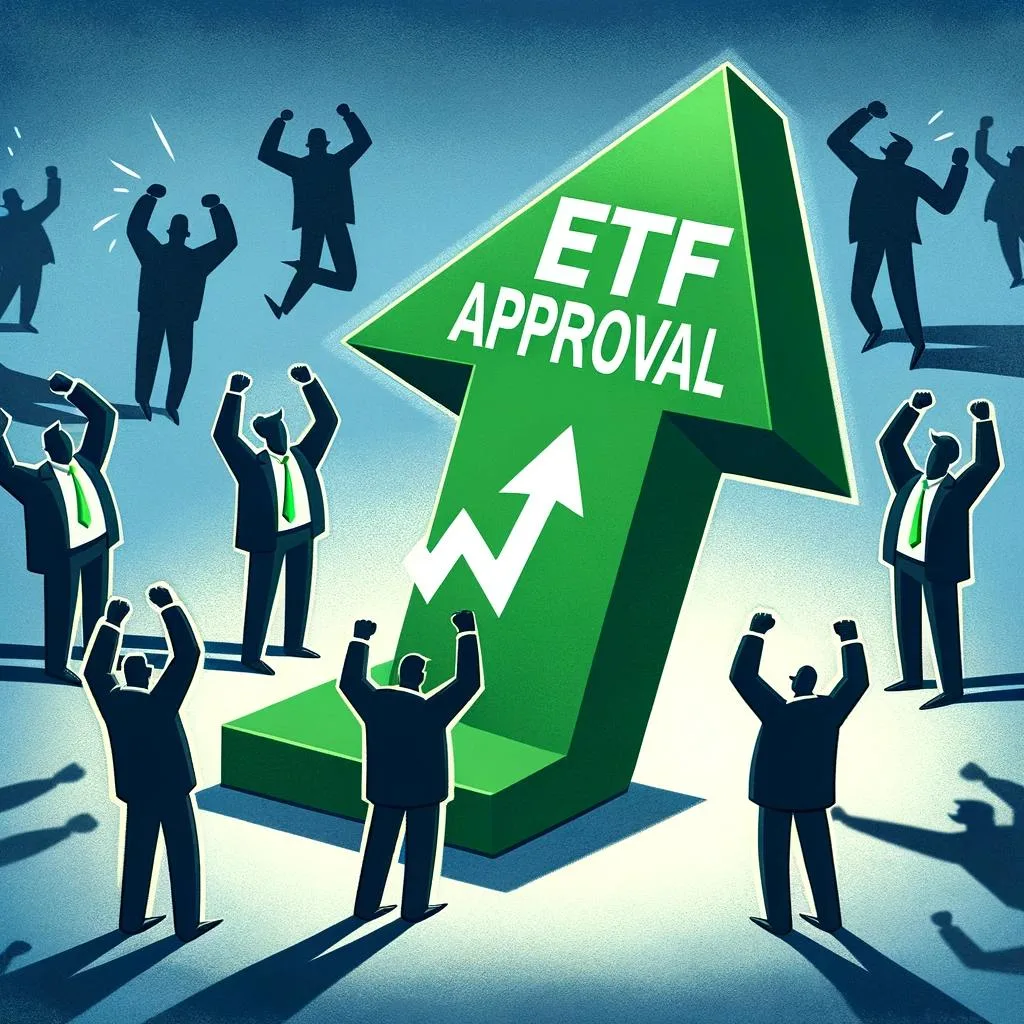
Bitcoin ETF approval optimism is on the rise, according to a research report released by JPMorgan on Wednesday. The report highlights Bitcoin’s strong performance compared to other cryptocurrencies, with the world’s largest cryptocurrency recently reaching a new high for the year. This surge in Bitcoin’s value is attributed to growing institutional investor interest, fueling hopes for the approval of a Bitcoin exchange-traded fund (ETF) by the U.S. Securities and Exchange Commission (SEC).
JPMorgan’s analysis of the crypto futures market supports the claim that institutional investors are driving this latest surge in Bitcoin. Their proxy for institutional investors’ futures positions in CME Bitcoin futures has spiked to its highest level this year, reaching levels last seen in August 2022 before the FTX collapse. However, the equivalent proxy for CME Ether futures remains low, indicating a stronger focus on Bitcoin.
In addition to futures positions, the report also analyzes Bitcoin flows, revealing a significant inflow of BTC into larger wallets. This suggests that institutional investor demand is driving the recent Bitcoin rally, a departure from previous quarters when smaller wallets and retail investors were the primary drivers of growth.
The increased institutional participation in the Bitcoin market has several implications. First, it signifies a growing acceptance of cryptocurrencies as a legitimate investment asset class by traditional financial institutions. This increased acceptance could lead to further mainstream adoption of cryptocurrencies, as institutional investors typically have a significant influence on market trends.
Second, the rising institutional interest in Bitcoin may be a precursor to the approval of a Bitcoin ETF by the SEC. A Bitcoin ETF would provide a more accessible and regulated investment vehicle for both institutional and retail investors, potentially driving further growth in the cryptocurrency market. The SEC has been cautious in its approach to approving a Bitcoin ETF, citing concerns over market manipulation and investor protection. However, the growing involvement of institutional investors may help alleviate these concerns, as their participation typically brings increased transparency and stability to the market.
The potential approval of a Bitcoin ETF is not without its challenges. Some critics argue that the introduction of a Bitcoin ETF could lead to an over-concentration of investment in the cryptocurrency, potentially creating a bubble that could burst and negatively impact the market. Others are concerned that a Bitcoin ETF could lead to increased regulatory scrutiny, which could stifle innovation in the cryptocurrency space.
Despite these concerns, the growing optimism surrounding Bitcoin ETF approval is a positive sign for the cryptocurrency market. As institutional investors continue to show interest in Bitcoin and other cryptocurrencies, the likelihood of a Bitcoin ETF being approved by the SEC increases. This, in turn, could lead to further growth and mainstream adoption of cryptocurrencies as a legitimate and regulated investment asset class.
In conclusion, JPMorgan’s research report suggests that the recent surge in Bitcoin’s value is driven by growing institutional investor interest. This increased participation is fueling optimism for the approval of a Bitcoin ETF by the SEC, which could lead to further growth and mainstream adoption of cryptocurrencies. While challenges and concerns remain, the growing involvement of institutional investors in the cryptocurrency market is a positive sign for the future of digital assets.




